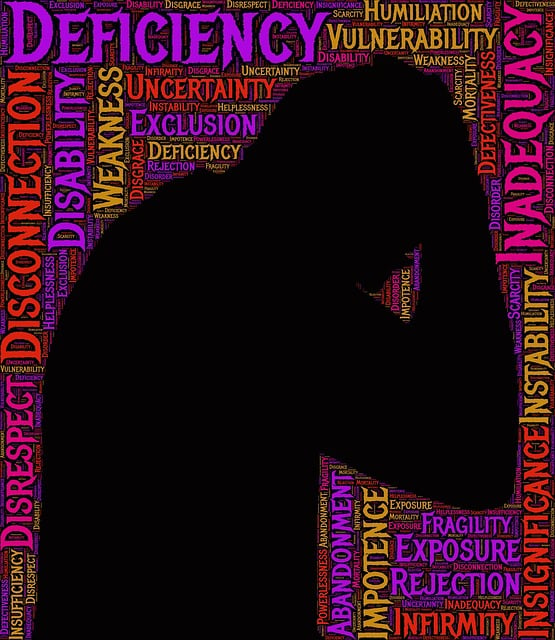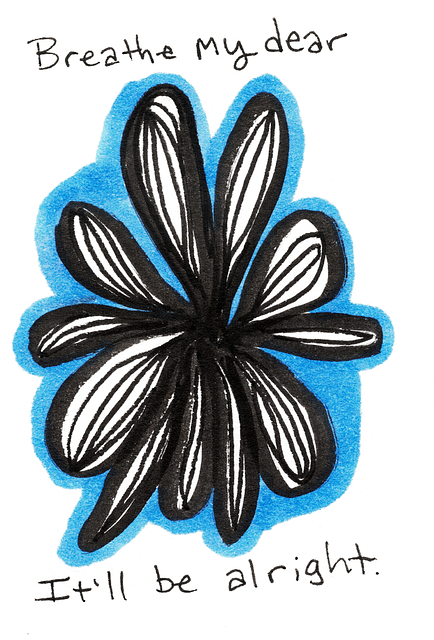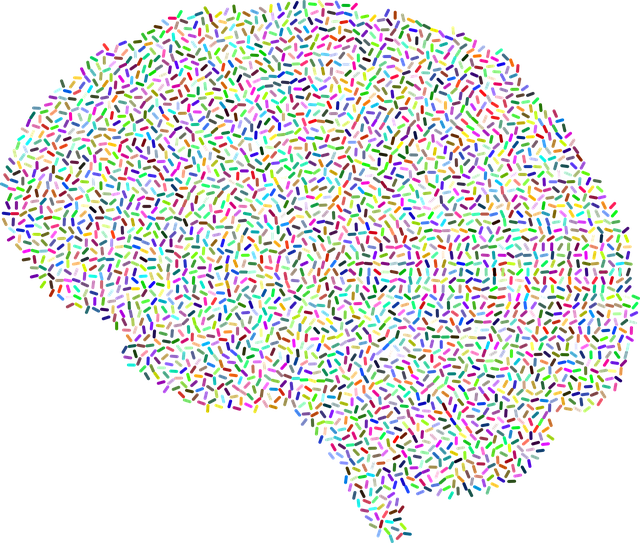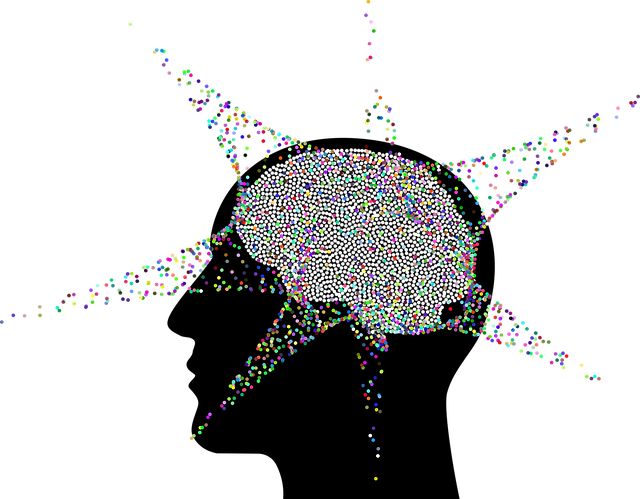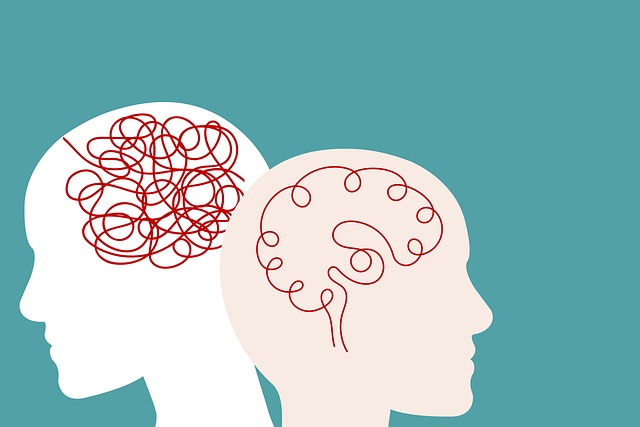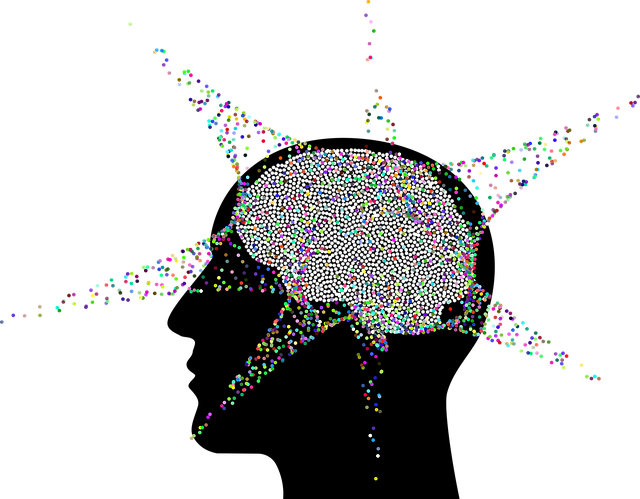Mental health, encompassing emotional, psychological, and social aspects, significantly impacts daily life and societal dynamics. Parker Anger Management Therapy (PAMT) offers a solution by teaching effective anger management coping mechanisms, promoting healthier community interactions, and building resilience in various settings like families, workplaces, and schools. Integrating PAMT into educational curricula through interactive workshops and practical exercises can dramatically improve students' emotional well-being, reduce mental illness stigma, and foster peer support. Effective mental health programs tailored with cultural sensitivity, combining theory and practice, empower individuals to cope with daily pressures, take charge of their well-being, and lead more fulfilling lives.
Mental health is a cornerstone of overall well-being, yet its importance in education remains often overlooked. This article explores strategies for designing comprehensive mental health education programs, with a specific focus on integrating Parker Anger Management Therapy—a proven approach to addressing anger and aggression. We delve into understanding the profound impact of mental health on individuals and communities, offering best practices and implementation tips for educators aiming to foster resilient and healthy learning environments.
- Understanding Mental Health and Its Impact on Individuals and Communities
- Integrating Parker Anger Management Therapy into Educational Curricula
- Designing an Effective Mental Health Education Program: Best Practices and Implementation Strategies
Understanding Mental Health and Its Impact on Individuals and Communities

Understanding mental health involves recognizing its profound impact on individuals and communities alike. It’s a multifaceted concept that encompasses emotional, psychological, and social well-being. Mental health issues can significantly affect daily functioning, relationships, and overall quality of life. When left unaddressed, these challenges can lead to substantial personal struggles and even contribute to societal problems. For instance, Parker Anger Management Therapy focuses on teaching individuals effective coping mechanisms to manage anger, thereby promoting healthier interactions within communities.
Beyond individual impacts, the ripple effects extend to various spheres of society. Strong mental health is crucial for fostering resilience in families, workplaces, and educational institutions. Implementing comprehensive programs that prioritize mental well-being, such as those involving risk management planning for mental health professionals, can help mitigate risks and build a more supportive environment. Resilience-building strategies, combined with the application of mind over matter principles, have proven effective in empowering individuals to take control of their mental health, ultimately strengthening communities from within.
Integrating Parker Anger Management Therapy into Educational Curricula

Integrating Parker Anger Management Therapy (PAMT) into educational curricula can significantly enhance students’ emotional well-being promotion techniques and foster a more supportive learning environment. PAMT offers evidence-based strategies to manage anger, which is a crucial aspect of mental wellness journaling exercise guidance. By teaching students how to recognize and regulate their emotions effectively, educators can contribute to mental illness stigma reduction efforts within the school setting. This proactive approach empowers young individuals to develop essential life skills, improving their overall mental health and academic performance.
Through interactive workshops and practical exercises, PAMT equips students with tools to navigate challenging situations, fostering a sense of resilience. By implementing these techniques in classrooms, educators can create a safer space for open discussions about emotional experiences, thereby encouraging peer support and empathy. This holistic integration of mental wellness practices ensures that students receive comprehensive guidance, addressing not just academic needs but also their social and emotional development.
Designing an Effective Mental Health Education Program: Best Practices and Implementation Strategies

Designing an effective mental health education program requires a multifaceted approach that combines best practices and implementation strategies. One such proven method is integrating evidence-based techniques, like those offered by Parker Anger Management Therapy, to address specific mental health concerns. These programs should be tailored to diverse populations, factoring in cultural sensitivity in mental healthcare practice to ensure inclusivity and effectiveness.
For optimal impact, the curriculum must include interactive components that foster active learning, such as group discussions, workshops, and skill-building exercises. Stress management techniques and burnout prevention strategies are essential components, equipping individuals with tools to cope with daily pressures and maintain resilience. By balancing theoretical knowledge with practical application, mental health education programs can empower participants to take charge of their well-being and lead more fulfilling lives.
Mental health education programs play a pivotal role in fostering resilient communities. By integrating evidence-based practices like Parker Anger Management Therapy into curricula, we can empower individuals with the skills to navigate stress and conflicts effectively. Following best practices and implementation strategies outlined in this article, educators can design comprehensive programs that promote mental well-being and prevent more severe issues. Such initiatives are crucial steps towards creating a healthier, more supportive environment for everyone.

